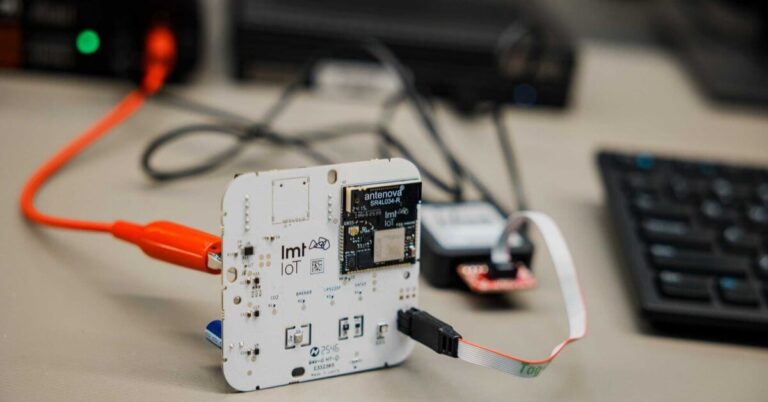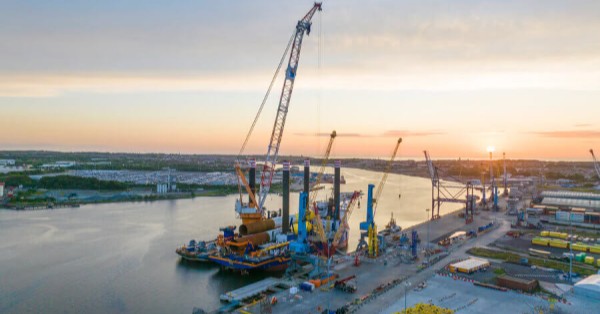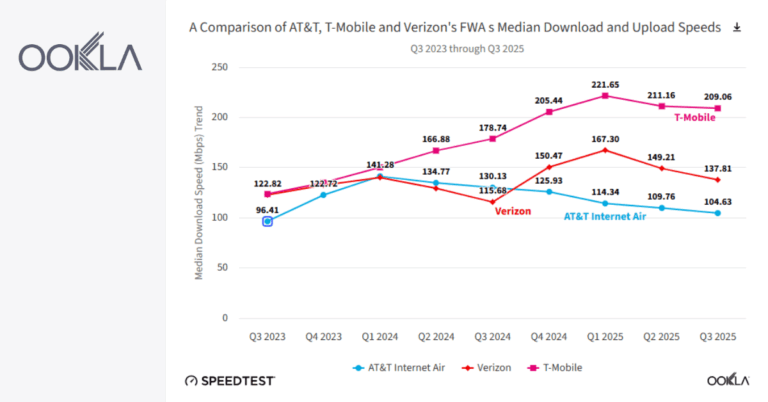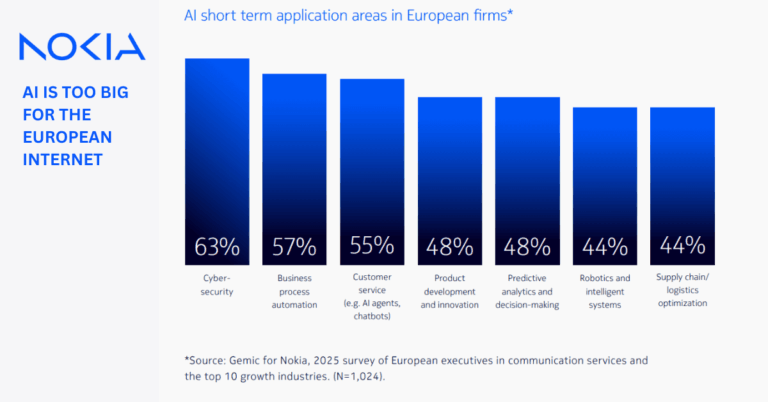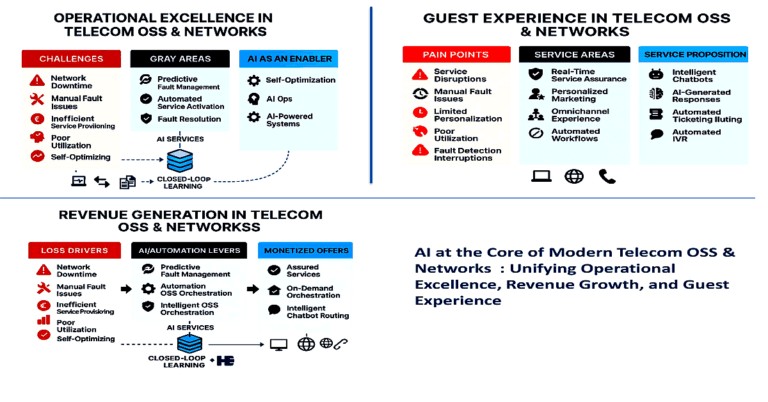Investing in the machine room of the future: At its headquarters in Lossburg, Germany, Arburg GmbH + Co KG has launched a 5G campus network from Deutsche Telekom. This will enable the manufacturer of injection molding machines from the northern Black Forest to test innovative applications for its own production – such as autonomous transport systems, industrial robots or automated production processes. In its Customer Center, Arburg is already presenting the potential of the 5G mobile communications standard for digital manufacturing. There, industrial customers from a wide range of plastics-processing sectors, such as the automotive and packaging industries or medical technology, can test digital manufacturing concepts. For this purpose, Telekom has equipped the Arburg Customer Center with eight special in-house antennas that supply the 2,100-square-meter area with 5G.
Strengths of private and public 5G network combined
The campus network is operated via 5G non-standalone in the 3.6 GHz frequency range. It combines the strengths of Telekom’s public 5G network with the exclusivity of a virtual private network. On the one hand, Arburg benefits from highspeed and stable coverage via the public 5G network, while on the other hand, mission-critical data traffic, for example from injection molding machines, is separated by a virtual private network and can also be prioritized. All this ensures high data security and maximum reliability. At the same time, the public 5G network provides connectivity for employees, suppliers or customers and allows their data to be integrated into the networked manufacturing process.
“With Telekom’s new 5G Campus network, we have the opportunity to make our manufacturing processes more efficient and can connect them even smarter,” says Guido Frohnhaus, Managing Director Technology & Engineering at Arburg. “Especially when it comes to widely varying batch sizes and customer-specific solutions, 5G brings new opportunities for flexible adjustments and automation of production and logistics across the entire value chain.”
“Whether it’s real-time machine communication, minimal response times or high data security, the high-performance 5G connectivity in our campus networks offers huge potential for the digitalization of manufacturing industries,” says Hagen Rickmann, Managing Director Business Customers at Telekom Deutschland GmbH. “With Arburg, we have found an innovative partner and pioneer when it comes to production efficiency and digitalization. The new campus network at Arburg’s Customer Center is just the beginning of our joint collaboration.”
Joint innovative strength: Test of new 5G campus product on 3.7 GHz frequency
In the next step, together with Arburg, Telekom will also test the new product “Campus M with industrial frequency” for the first time. Without any additional infrastructure, the local 5G network will therefore additionally operate on the industrial frequencies in the 3.7 to 3.8 GHz range allocated by the German Federal Network Agency. In combination with its own core network within the Telekom network, this will provide Arburg with an additional private campus network. This enables the use of exclusive SIM cards for networked devices and guarantees full private 5G network performance with download speeds of up to 1GBit/s. At the same time, public 5G coverage will stay fully available. This means that Arburg will essentially have two campus networks and a total of around 190 MHz of bandwidth available in the future.
5G campus network at Arburg Technology Days
At the Customer Center, Arburg offers its customers more than 30 injection molding machines of all series and sizes for mold tests, process optimization and machine comparisons. Together with Arburg specialists, they can test innovative manufacturing processes and digital solutions for practical suitability there. As part of the Arburg Technology Days from June 22 to 25, the new 5G campus network is showcased to the industry.
Different exhibits demonstrate how the data traffic of a machine runs quickly, reliably and securely without network cables, thanks to the private 5G network and the Arburg IIoT gateway (Industrial Internet of Things), with which all injection molding machines and additive manufacturing machines from Arburg are equipped. At the annual Technology Days, the largest in-house event in the world of plastics, in Lossburg, Germany, Arburg provides thousands of visitors from all over the world an overview of new products and innovative applications in the field of injection molding technology, additive manufacturing and digitalization.


























